Justice and forgiveness from "summary" of A Tale of Two Cities by Charles Dickens
In the tumultuous times of the French Revolution, the concept of justice and forgiveness is put to the test in Charles Dickens' novel. The characters grapple with the idea of seeking retribution for past wrongs while also grappling with the idea of showing mercy and compassion to those who have caused harm. One of the primary examples of this struggle can be seen in the character of Sydney Carton. Carton is a deeply flawed man, haunted by his own demons and consumed by self-loathing. However, as the story progresses, he begins to find redemption through acts of selflessness and sacrifice. In the end, Carton chooses to give his own life to save the life of another, embodying the ultimate form of forgiveness and justice. Similarly, the character of Dr. Manette also undergoes a transformation in his understanding of justice and forgiveness. Dr. Manette is a man who has suffered greatly at the hands of others, yet he ultimately chooses to forgive those who have wronged him. Through his example, Dickens highlights the power of forgiveness to heal old wounds and bring about reconciliation. On the other hand, characters like Madame Defarge represent the darker side of justice. Madame Defarge is consumed by a desire for revenge and is willing to go to any lengths to see her enemies punished. However, in the end, her quest for justice only leads to more violence and destruction, highlighting the potentially destructive consequences of an unforgiving heart.- Dickens explores the complexities of justice and forgiveness in a world torn apart by revolution. He forces us to consider the true meaning of these concepts and the profound impact they can have on individuals and societies alike. Ultimately, Dickens' novel serves as a powerful reminder of the importance of forgiveness in the face of injustice and the redemptive power of compassion in a world filled with strife and conflict.
Similar Posts

Boy discovers secrets about girl
Keshav, a young man who is still in love with his ex-girlfriend Zara, decides to attend a college reunion in an attempt to win ...
Politics and corruption influence individual lives
Politics and corruption are pervasive forces that shape the paths of individuals in various ways. In "The Thing Around Your Nec...

Selfacceptance is liberating
Selfacceptance is a powerful force that can change everything. It allows you to embrace your true self, flaws and all, without ...
Forgiveness is essential for personal growth
In the world of "The Prince of Tides," forgiveness stands as the cornerstone of personal growth and emotional healing. Througho...
Redemption is possible through love and understanding
In the face of adversity and injustice, love and understanding have the power to redeem even the most broken of spirits. The ch...
In Paris and London
The bustling streets of Paris and London pulsated with life, each city a unique tapestry woven from the threads of its inhabita...
Leaving a lasting impact on the reader's heart and mind
In the bustling streets of London and Paris, the characters of 'A Tale of Two Cities' come alive with their struggles, passions...
Loss accompanies acts of vengeance
Vengeance is a powerful force that can consume a person's thoughts and actions, driving them to seek retribution for past wrong...
Justice and forgiveness
In the tumultuous times of the French Revolution, the concept of justice and forgiveness is put to the test in Charles Dickens'...
Eddie's experiences in heaven lead to selfreflection and growth
Throughout his journey in heaven, Eddie is confronted with a series of encounters with people who have significantly impacted h...

